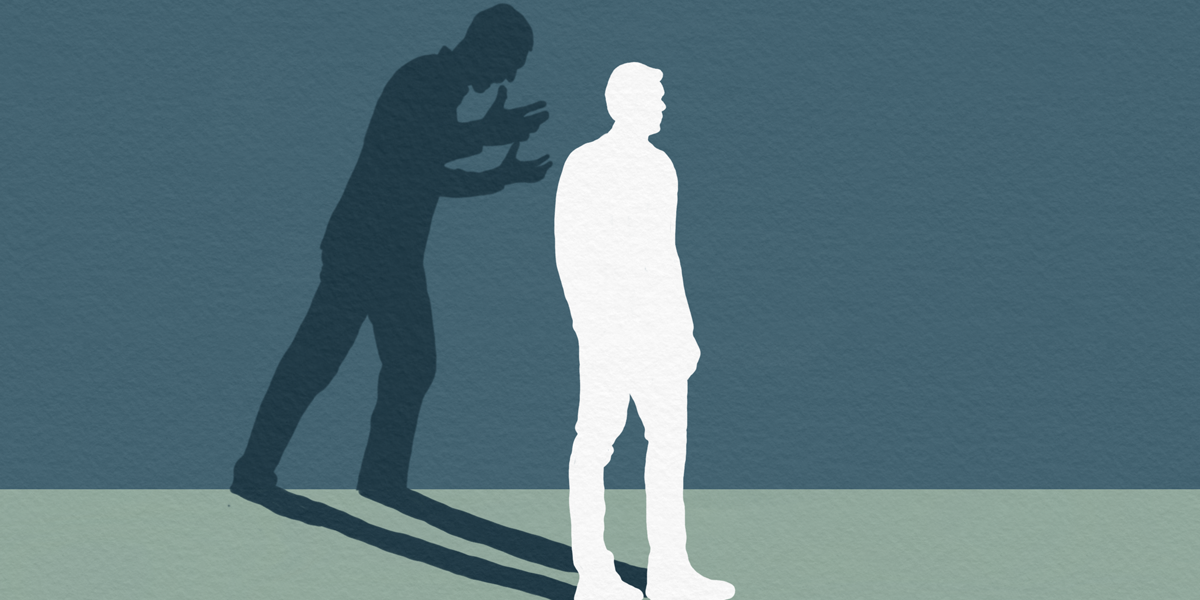“People will do anything, no matter how absurd, to avoid facing their own souls.”
– Carl Jung
What is Shadow Integration?
Shadow integration is a process of bringing the hidden parts of the Self into consciousness. “Shadow” is a term coined by Carl Jung to describe the repressed or denied parts of the Self. It is a light metaphor for what many others have referred to as the unconscious. Shadow includes everything outside the light of consciousness and may be positive or negative. Integrating the shadow leads to greater integrity and healing in relationship to the hidden and perhaps more negative parts of the psyche. Additionally, because our greatness is often in shadow as well, shadow integration also entails a recovery of one’s deeper aliveness, leading to an enhanced sense of freedom and vitality.
What does it mean to integrate your shadow in terms of Shadow Integration?
By integrating the shadow, we aim to bring these hidden parts of ourselves into conscious awareness. This allows us to understand and manage them more effectively, rather than allowing them to unconsciously influence our thoughts and behaviors.
What is the goal of working with one’s Shadow?
Through working with an individual’s shadow, the hope is for the person to uncover their inner gold, access its potential, and liberate the energy trapped in what’s hidden, repressed, and denied. Facilitators help participants symbolically reconstruct an issue, so the Shadow can be viewed objectively. They suggest perspectives and offer powerful techniques for reclaiming the energy in the shadow.
Through individual processes, participants are empowered to
- Shift old patterns of behavior that no longer serve the person
- Transform anger into power and strength
- Transmute grief into a deep connection with oneself and others
- Turn fear into insight and understanding
- Find compassion, empathy, and acceptance
Who can benefit from Shadow integration?
Shadow Integration can help people
- in difficult life transitions to find direction and an enhanced sense of meaning
- struggling with feelings of shame or self-worth – participants may find a deeper sense of value and self-acceptance
- feeling stuck or overwhelmed with anxiety or depression – participants will have an opportunity to have a transformative experience with the potential to create new hope and purpose.
- who have struggled with addiction and other impulsive behaviors to perhaps uncover what shadow is driving their behaviors
One of the lasting positive impacts that shadow work can have on someone is that it gives them an opportunity to take a look at what is driving their behavior. When the individual is able to see what shadow is driving their behavior, they will gain a greater awareness of who they are and why they respond the way they do.
Benefits of Shadow Integration
- Increased self-awareness: A deeper understanding of ourselves, including our strengths and weaknesses.
- Improved relationships: Better ability to understand and relate to others, as well as ourselves.
- Enhanced emotional intelligence: Greater capacity to manage our emotions and respond to situations with greater clarity and empathy.
- Personal growth: The potential for greater authenticity, creativity, and fulfillment in life.
Methods for Shadow Integration
- Journaling: Writing about our thoughts, feelings, and experiences can help us gain insights into our shadow.
- Meditation and mindfulness: These practices can help us observe our thoughts and emotions without judgment.
- Dream analysis: Exploring the symbolism in our dreams can reveal hidden aspects of ourselves.
- Therapy: A therapist can provide guidance and support throughout the process of shadow integration.
What mental health treatment disorders do we treat?
Here at the Lovett Center, we treat the following mental health treatment disorders:
- Anxiety Treatment
- Bipolar Disorder Treatment
- Depression Treatment
- Post-Traumatic Stress Disorder Treatment
How can one begin to work with their Shadow?
On Friday, May 17, 2019, through Saturday, May 19, 2019, The Lovett Center clinicians Ernest Patterson and Michael Lassoff and specially trained friends of The Lovett Center hosted an immersive, experiential Shadow Integration weekend.
By participating in a shadow weekend, participants had the opportunity to see what patterns keep repeating themselves causing pain, frustration, and a lack of freedom. The shadow integration weekend also created a safe space for individuals to gain support, increase freedom, and receive deep healing. Contact us today for mental health wellness.








